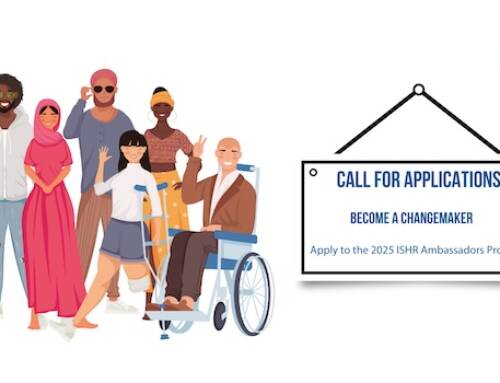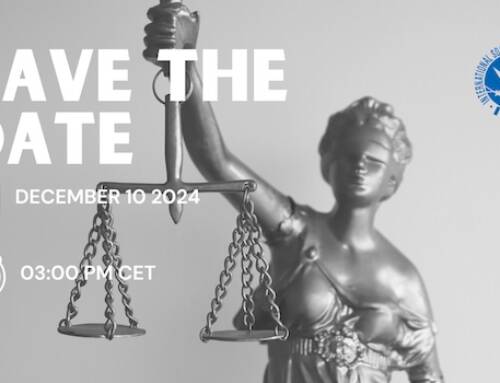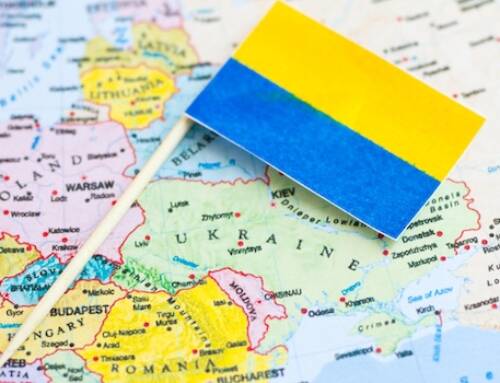Pakistan

Single mother of young children imprisoned under false suspicion
Saima Farhad Gill, 32 years old, is a widow and mother of two children. The Christian woman was living an ordinary life as a temporary worker at a health centre in the greater Gojra area, Punjab province in Pakistan. But on 7 August 2024, a crowd gathered in front of her house. Shouting loudly and with angry faces, they called the mother and her sister Sonia blasphemers. Saima, her family and Christian neighbours hid because of the risk of lynching. An emergency call had already been made to the local police. The security forces rushed to the scene and took the family into custody. “Saima hoped for safety when the police took her to the station”, her brother Hanook Masih later reported.
Sister Sonia, who was also accused of blasphemy, was out at the time. She was warned and went into hiding. Under pressure from the incited mob, which demanded that Sonia also should be punished for the crime, the police arbitrarily arrested other Christians in her place. Instead of then taking Saima and her family to a secret location, the security forces snatched the mother from her children and took her to prison that same night. From there she managed to call her brother. “I’m afraid for my children”, she told him.

After a false blasphemy charge, Saima’s children have to hide, as do Sonia and her family. © private
According to the case file, Saima’s neighbor, Muhammad Haider, has filed a complaint. He accuses Saima of throwing a sack of paper waste in front of his house. He opened the sack and discovered pages that had been torn out of a Koran. The desecration of the book, which is considered sacred by Muslims, is punishable in Pakistan by life imprisonment under the relevant criminal law provision in Section 295 B. Saima rejects the accusation and is not aware of any guilt. Her brother Hanook Masih turned to the Pakistani aid organization CLAAS (Centre for Legal Aid Assistance and Settlement) for help. He reported that the neighbor Muhammad Haider often came to visit his relatives and that he repeatedly provoked political and religious disputes.
“Saima asked him to stay away from her. He must have taken that as a challenge to seek revenge”, a CLAAS employee told the ISHR. The victims and their families are usually helpless in the face of accusations such as blasphemy, often because they can barely read. CLAAS helps to gather important documents for the courts and to file complaints, arranges defense lawyers or helps the accused and their relatives to find accommodation in so-called ‘safe houses’, where they can temporarily go into hiding undetected to escape possible lynchings. As a first measure, a CLAAS team has already made inquiries on the ground and applied for Sonia’s release on bail.
The CLAAS team is devastated that previous efforts to achieve interfaith harmony have apparently failed and that Islamic agitators have been able to get their hate propaganda across.
“The city of Gojra was burnt down in 2009 after a blasphemy accusation. In the mob attack, seven Christians were burned alive.” According to CLAAS, peace committees were formed after this act of violence, and numerous organizations joined the initiative for understanding. “Nevertheless, the abuse of the blasphemy laws has not stopped. The most recent incident is proof of this,” the organization wrote on 6 September 2024.
ISHR has been supporting the work of CLAAS since the late 1990s. Initiatives such as the safe house ‘Apna Gar’ (hope), where young Christian girls were hidden to protect them from the threat of forced conversion by Muslim extremists, were part of previous cooperations. ISHR plans to support CLAAS in setting up a fund of €5,000 to be used to pay bail to the courts at short notice for Christians who have been wrongly accused of blasphemy and imprisoned.





